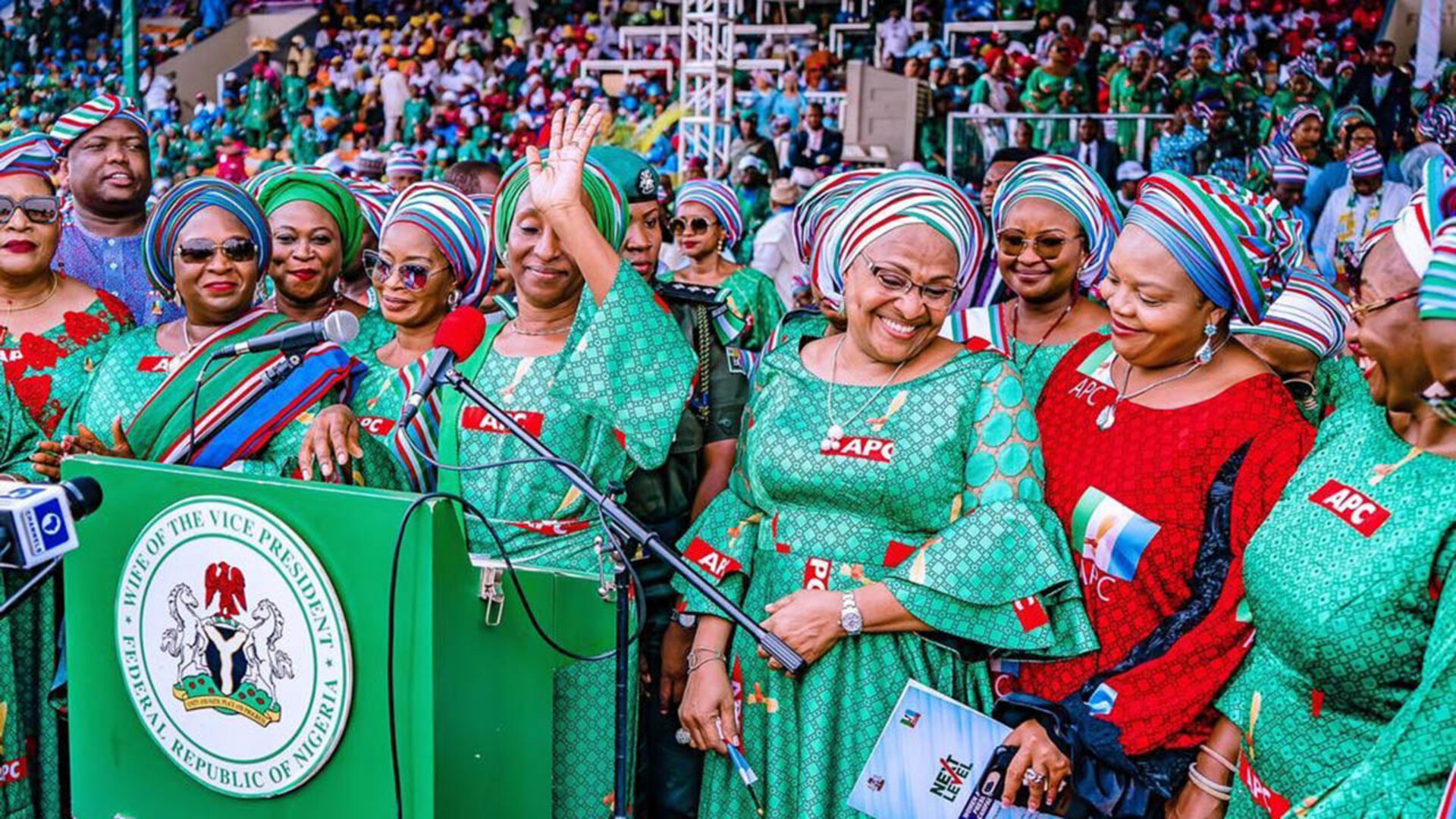
The State of Women’s Candidacy Ahead of the 2023 Elections
Since Nigeria’s return to democracy in 1999, one key trend has been women's underrepresentation in politics. Historically, Nigeria’s political system has been dominated by men, even though women constitute a larger part of the voting population, with 6.2 million out of 12.2 million newly registered voters ahead of the 2023 elections, and almost 50% of the nation’s overall population.
Across the globe, Nigeria ranks extremely low in gender equality index ratings and this has been attributed by many, to the inherent culture, lack of internal party democracy, and the patriarchal practice across the country.
Nigeria also has one of the lowest rates of female parliamentary representation in Africa, ranking 181 of 193 countries, according to the Inter-Parliamentary Union/UN Women map, which presents global rankings for women in executive and government positions as of 1 January 2021. This low representation of women in Nigeria’s political space is despite the Beijing Declaration and Platform for Action adopted in 1995 and the 35% affirmative action for women enshrined in Nigeria’s National Gender Policy. While the aim was to increase women participation at other levels of government, the reverse has been the case. Nigeria has not elected a woman into the offices of president, vice-president or any governor.
Women’s representation in elected and appointed offices in the country is not only low but keeps declining, despite concerns and efforts by a wide range of stakeholders to improve women’s political participation and achieve gender equality.
What the Figures Say
Gender equity in Nigerian politics has not increased to the extent that Nigerian politics requires. Despite increased avenues for political participation, it has remained relatively restrictive. Women have only been able to aspire to deputy governor positions, with the only female governor assuming the position in an acting capacity. Even national legislative numbers don’t leave much room for optimism.
In 2003, 22 of 359 (6.7%) elected members of the House of Representatives, and three of the 109 (2.7%) elected senators were women.
In the April 2007 elections, only 628 of a total of 7,160 candidates were women, and represented 8.8% of the total number of candidates. There was a total of 3,141 candidates running for seats in the National Assembly, and only 209 (6.7%) of those were women. In 2019, 235 women ran for Senate seats out of a total of 1,904 candidates, while 533 women ran for House of Representatives seats out of a total of 4,680 candidates. In all, 768 women ran for national legislative office, about twice as many as in 2015. The results, though, were meagre. The number of elected female senators rose to nine in 2007, and remained in the same in 2011, but while there were 25 elected representatives in 2007, there were only 19 elected in 2011. Numbers have since dropped to a stage where there are 13 representatives in the current House and 9 in the Senate. But elected positions are only half the story – there is still a challenge for female politicians to even aspire to contest.
Ahead of the coming elections, there are only 92 women out of 1,101 senatorial aspirants, representing 8.4% of candidates, while there are 286 women out of 3,107 representative aspirants, tallying 9.2% of candidates. In the 2019 elections to the senate, 232 of 1,904 candidates were women (12.18%), but only 7 were elected (3.02%), with one more winning a by-election seat. Meanwhile, in the House of Representatives, 528 of 5,208 candidates were women (10.14%), but only 13 were elected (2.46%). If the percentage of elected officials from 2019 follows, it means there will be only 7 representatives (down 6) and 3 senators (down 4). Such representation will be a sad decline in Nigeria’s political history, especially as consequential issues will require more effective and deliberative decision-making processes.
Why it matters
In addition to focusing on issues of justice or democracy, the desire for women's equal participation in decision-making is crucial for achieving gender equality. The pursuit of the objectives of equality, peace, democracy, and development would continue to be jeopardized by excluding women from active involvement in governance and undercutting their perspectives in decision-making.
These deliberations were at the heart of a recent one-day meeting organised by the Centre for Democratic Development (CDD), tagged ‘He for She’ – in reference to men stepping up as allies for gender equality. Among areas referenced include the patriarchal structures in society and the failure of different groups to engage in active citizen sensitisation to make significant progress in these areas.
As parties, politicians and pundits postulate over the coming elections, it is important that inclusive policies are prioritised and put forward. Stakeholders have a responsibility in checking up and making sure that these standards are maintained to ensure elected officials work hard in providing a more inclusive, and representative, face to our democracy.
Ebunoluwa Afolabi is an Assistant Program Officer at the Centre for Democracy and Development
